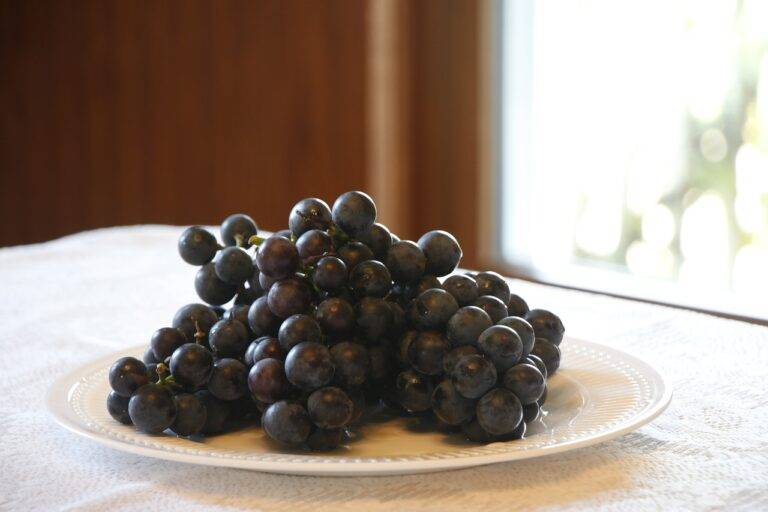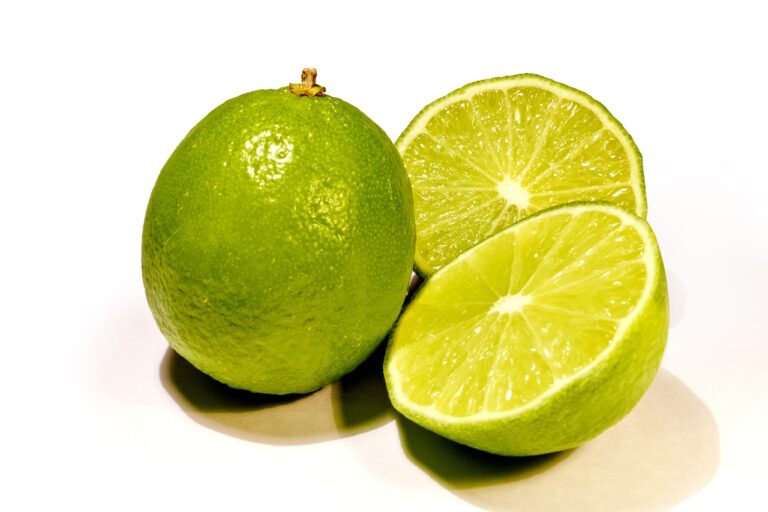The Potential of Oat Protein in Protein Bar Formulations: Laser book, Silverexch, 11xplay reddy login
laser book, silverexch, 11xplay reddy login: In recent years, the demand for protein bars has surged as more people seek convenient, on-the-go options to meet their daily protein needs. As a result, food manufacturers are constantly exploring new and innovative protein sources to create products that cater to the changing preferences of consumers. One such ingredient that has been gaining traction in the protein bar industry is oat protein.
Oats are a well-known and versatile ingredient that has been a staple in many diets for centuries. They are rich in nutrients such as fiber, vitamins, and minerals, making them a popular choice for those looking to improve their overall health and well-being. In recent years, oats have also been recognized for their potential as a plant-based protein source.
Oat protein is derived from the groats of the oat kernel and is a complete protein, meaning it contains all nine essential amino acids that the body cannot produce on its own. This makes oat protein an excellent choice for those looking to increase their protein intake, especially for individuals following a plant-based diet.
So, what makes oat protein such a valuable ingredient in protein bar formulations? Let’s dive into the potential benefits that oat protein offers:
1. High-Quality Protein Source: Oat protein is a high-quality protein source that contains all essential amino acids in adequate amounts. It is easily digestible and can help support muscle growth and repair, making it an ideal ingredient for protein bars designed for athletes and fitness enthusiasts.
2. Rich in Fiber: Oats are naturally high in fiber, which can help promote satiety and keep you feeling full for longer periods. This can be beneficial for those looking to manage their weight or control their hunger between meals.
3. Gluten-Free: Oats are naturally gluten-free, making oat protein a suitable option for individuals with gluten sensitivities or celiac disease. It allows for a wider range of consumers to enjoy protein bars without worrying about gluten-related health issues.
4. Sustainable and Environmentally Friendly: Oats are relatively easy to grow and require less water and land compared to other protein sources such as animal-based proteins. This makes oat protein a more sustainable and environmentally friendly choice for food manufacturers looking to reduce their carbon footprint.
5. Versatile Ingredient: Oat protein can be easily incorporated into a variety of protein bar formulations, providing a creamy texture and mild flavor that can complement a wide range of ingredients and flavor profiles. It allows for endless possibilities in creating delicious and nutritious protein bars that appeal to a diverse consumer base.
6. Allergen-Friendly: Oat protein is free from common allergens such as dairy, soy, and nuts, making it a suitable option for individuals with food allergies or intolerances. It provides a safe and inclusive choice for consumers looking for allergen-friendly protein bars.
In conclusion, oat protein has immense potential in protein bar formulations due to its high-quality protein content, fiber-rich nature, gluten-free properties, sustainability, versatility, and allergen-friendly attributes. It opens up new opportunities for food manufacturers to create innovative and nutritious protein bars that cater to the evolving preferences of consumers.
If you’re looking to incorporate oat protein into your protein bar formulations, be sure to source high-quality oat protein ingredients from reputable suppliers to ensure the best results. Experiment with different formulations and flavor combinations to create protein bars that stand out in the market and resonate with your target audience.
FAQs:
Q: Is oat protein suitable for individuals with gluten sensitivities?
A: Yes, oats are naturally gluten-free, making oat protein a suitable option for individuals with gluten sensitivities or celiac disease. However, cross-contamination can occur during processing, so it’s essential to source certified gluten-free oat protein to avoid any issues.
Q: How can I incorporate oat protein into my protein bar formulations?
A: Oat protein can be easily added to protein bar formulations by blending it with other ingredients such as nuts, seeds, dried fruits, and sweeteners. Experiment with different ratios and combinations to achieve the desired texture and flavor profile in your protein bars.
Q: Are there any potential allergens in oat protein?
A: Oat protein is free from common allergens such as dairy, soy, and nuts. However, individuals with oat allergies should avoid oat protein and products containing oats to prevent allergic reactions. It is essential to label products accurately to inform consumers of potential allergens present.







